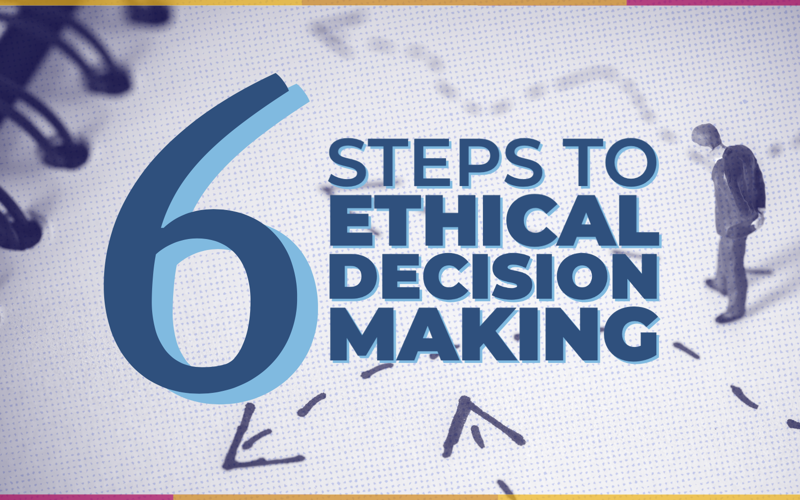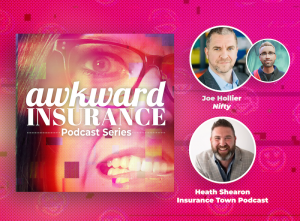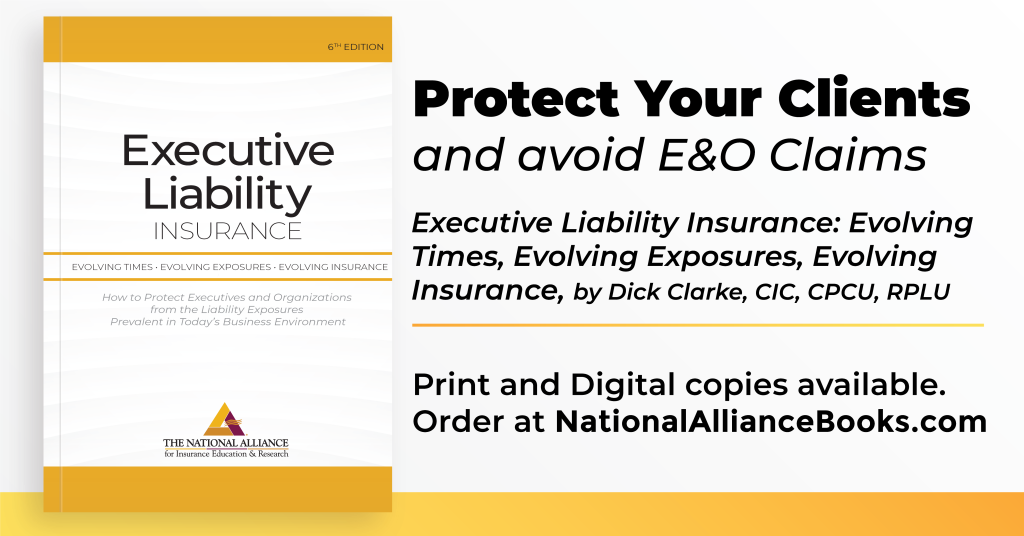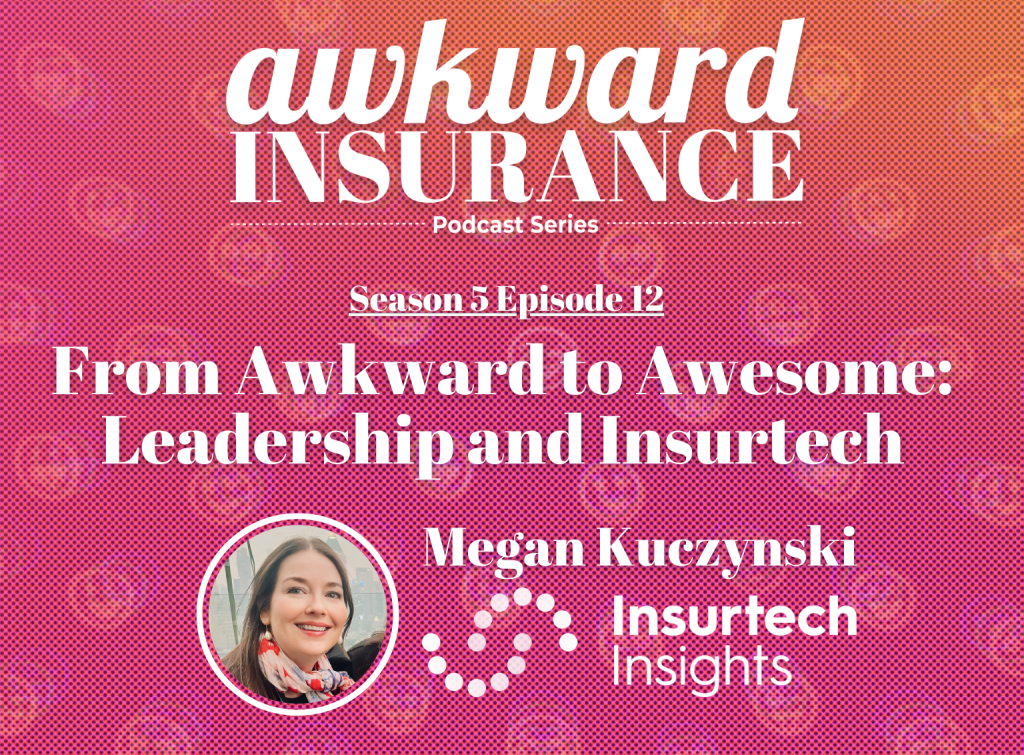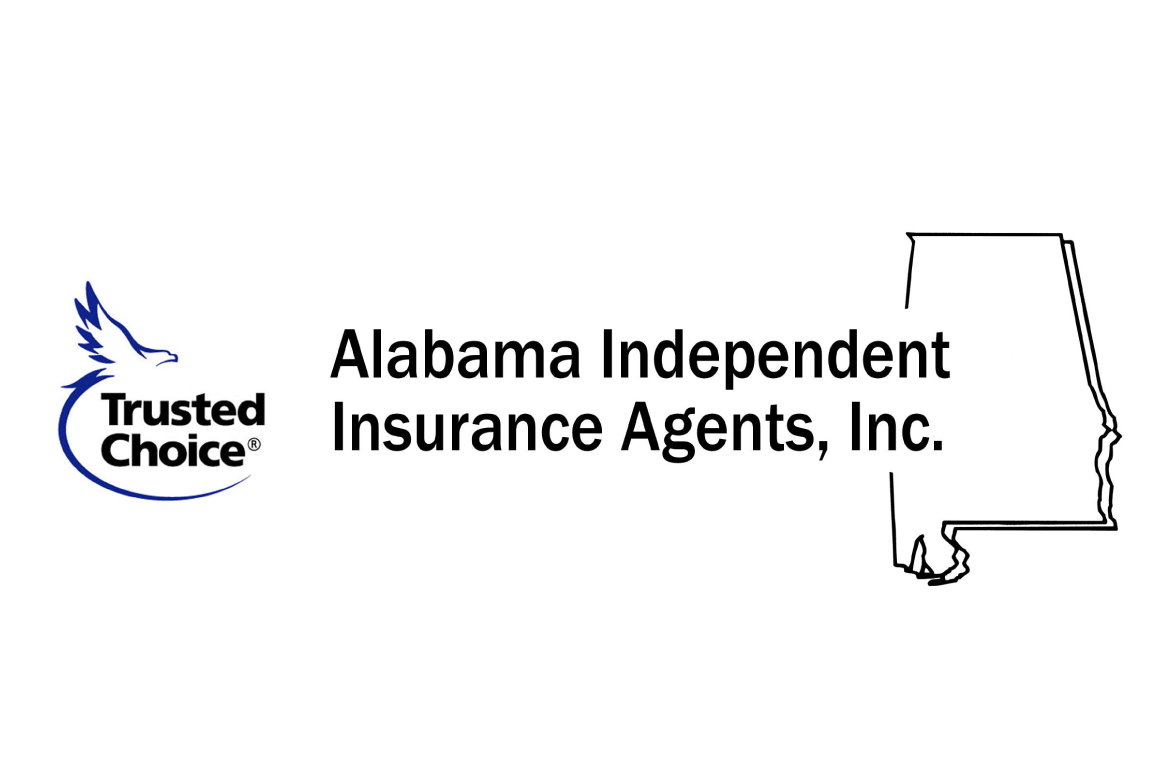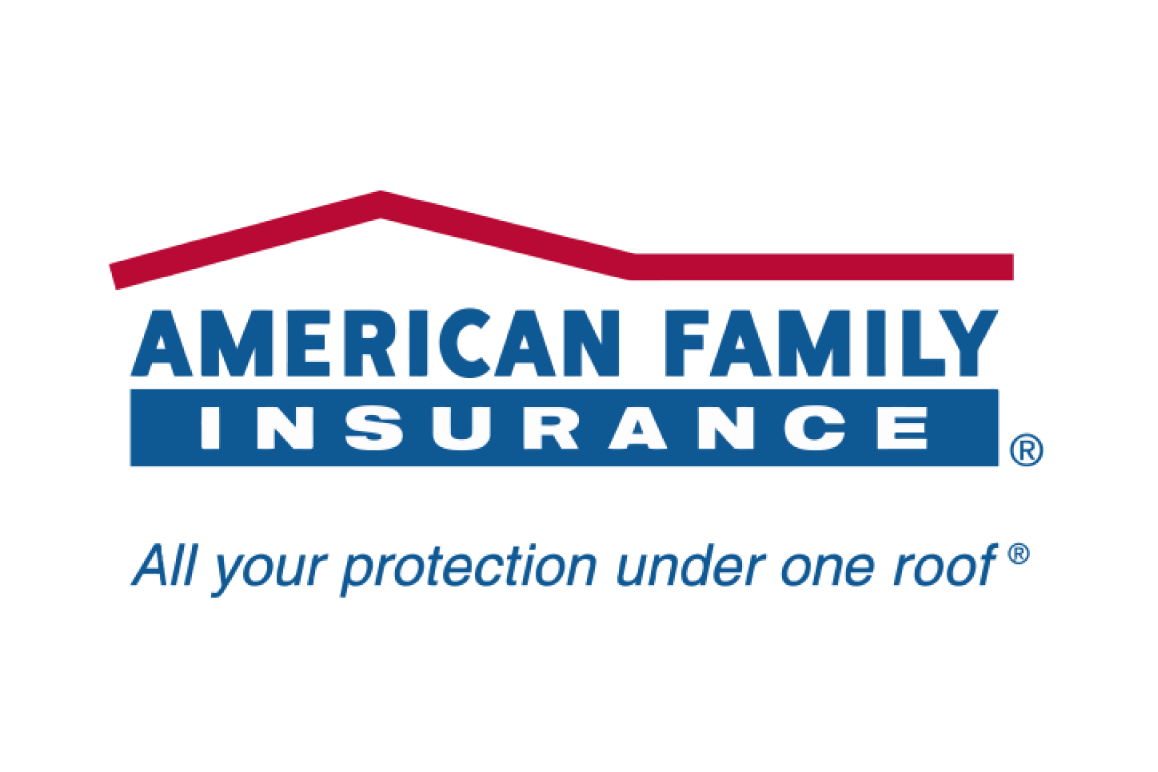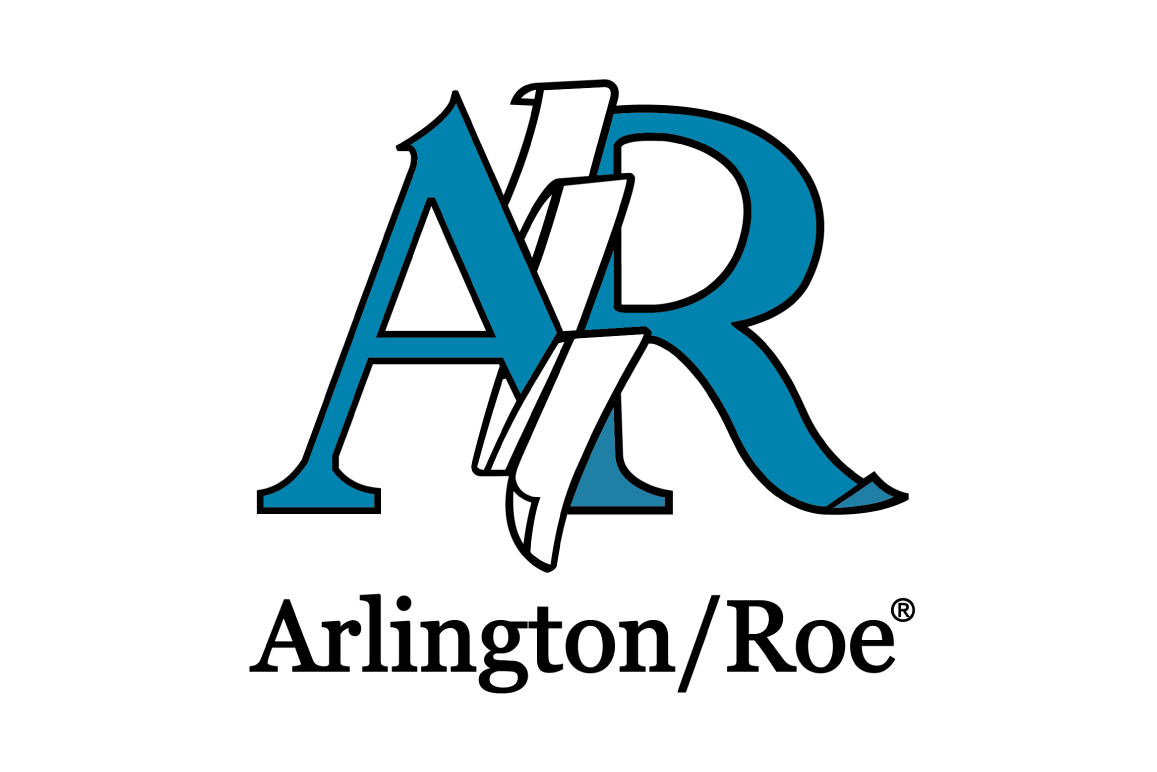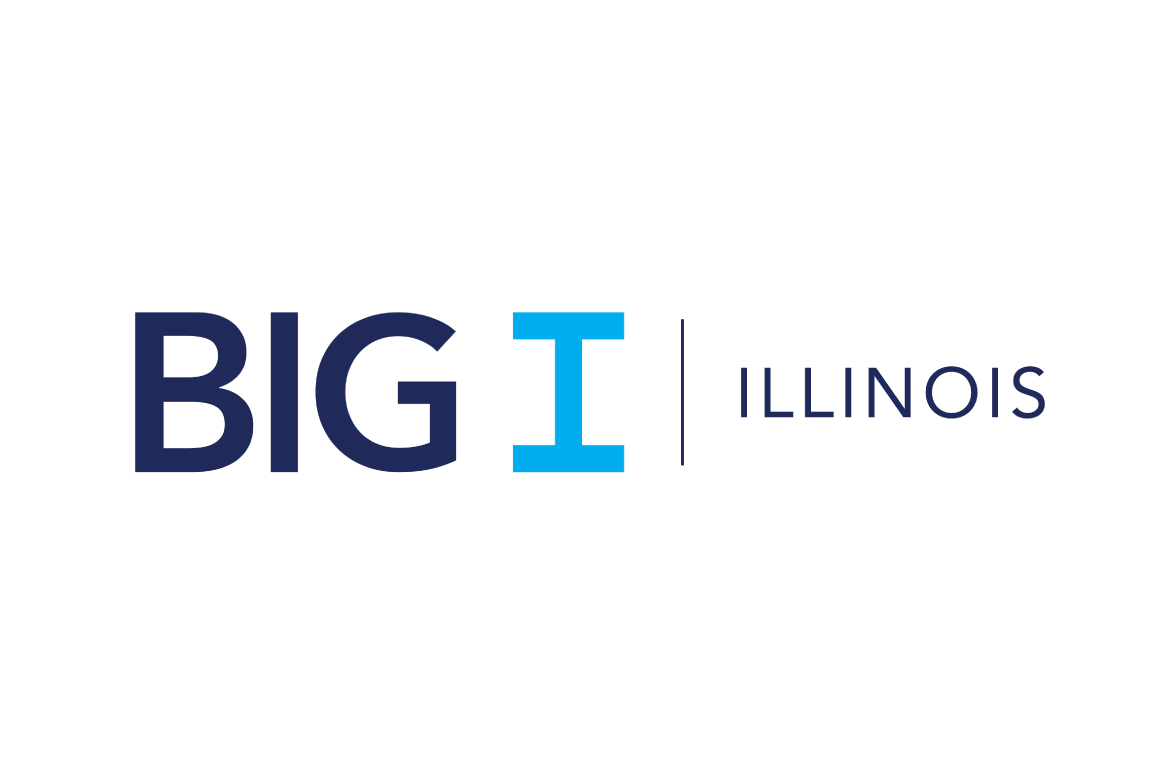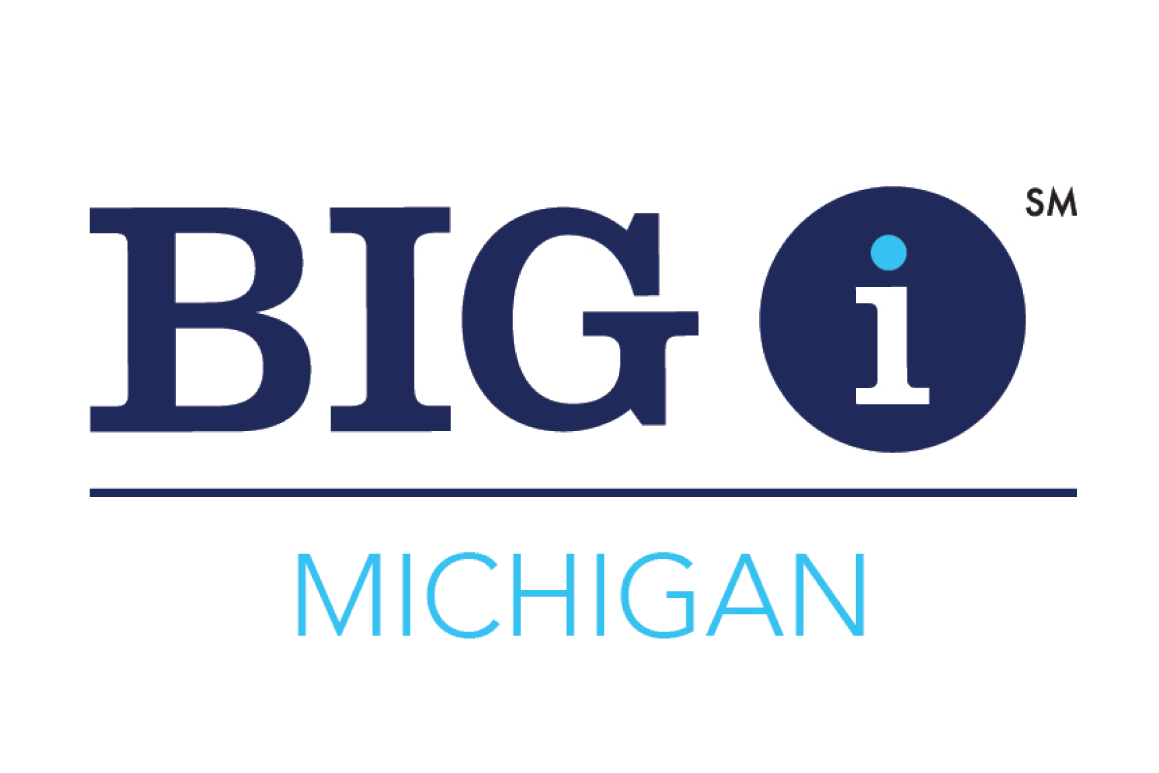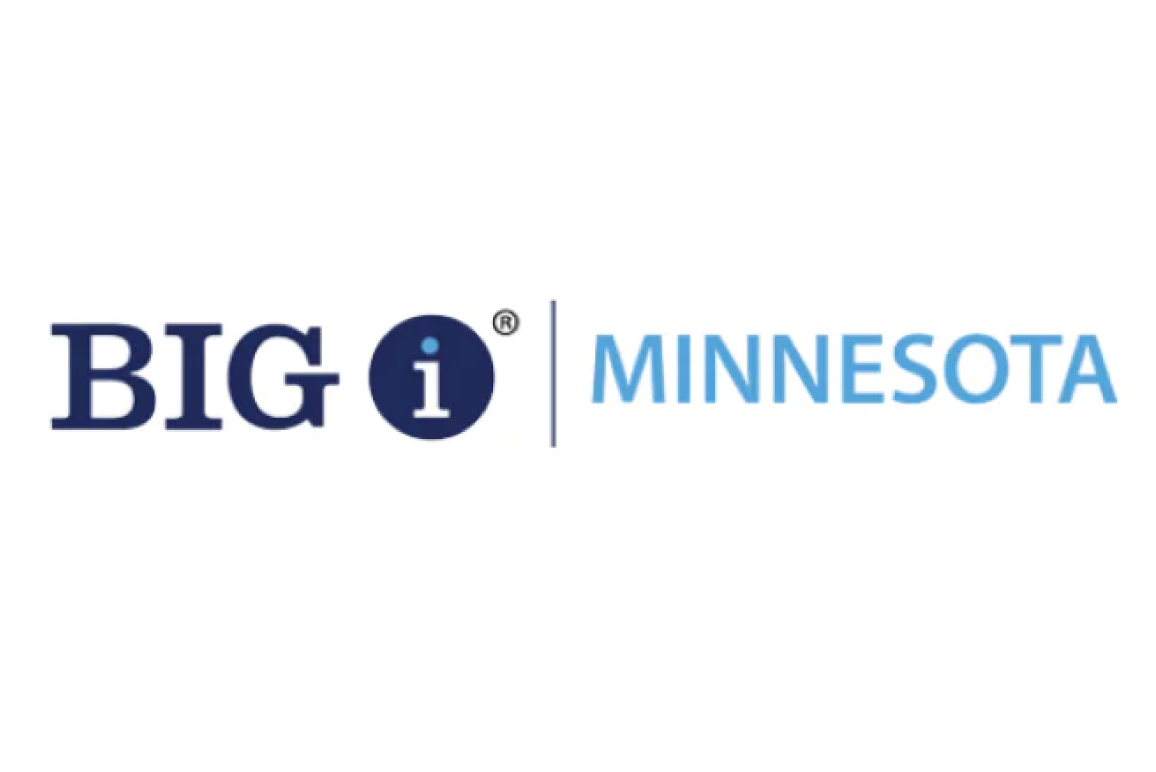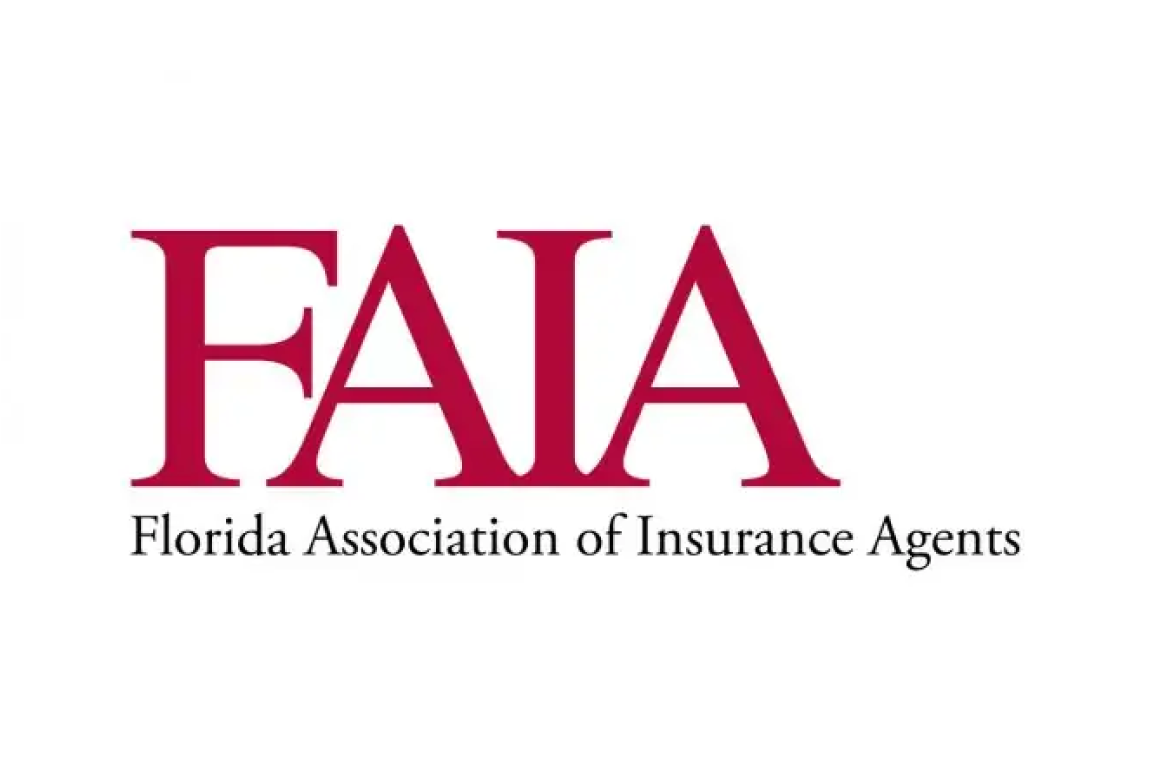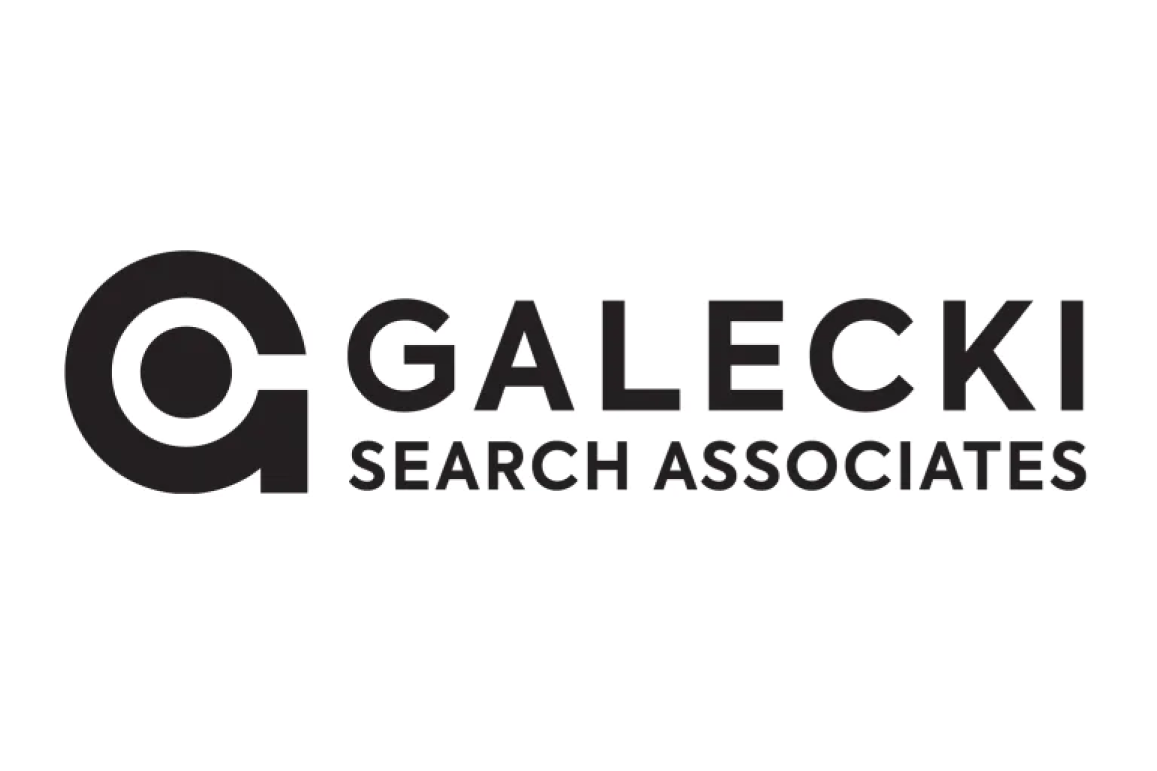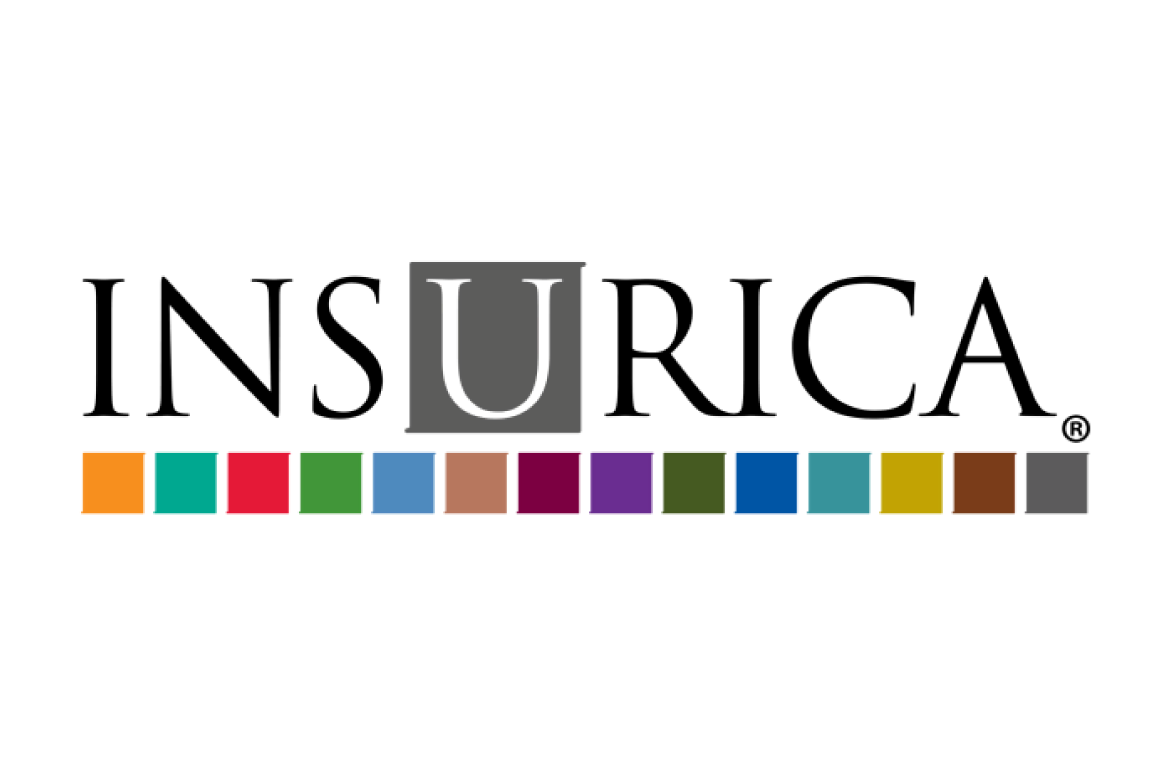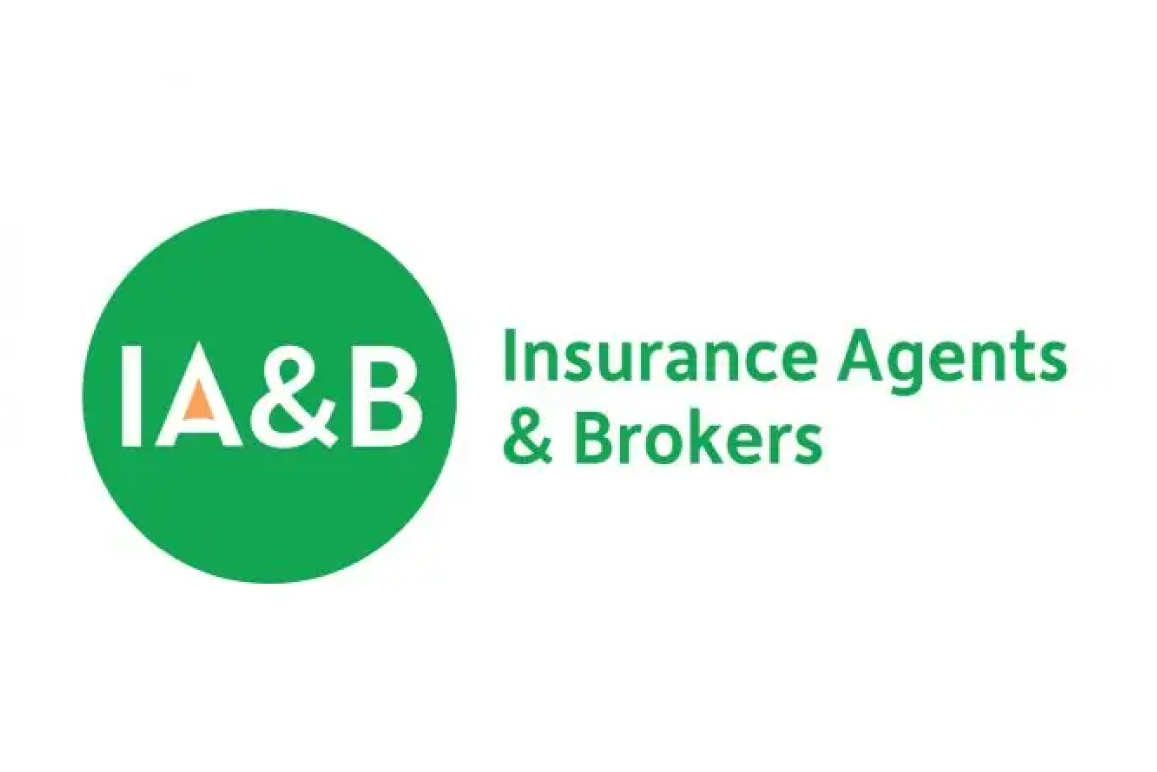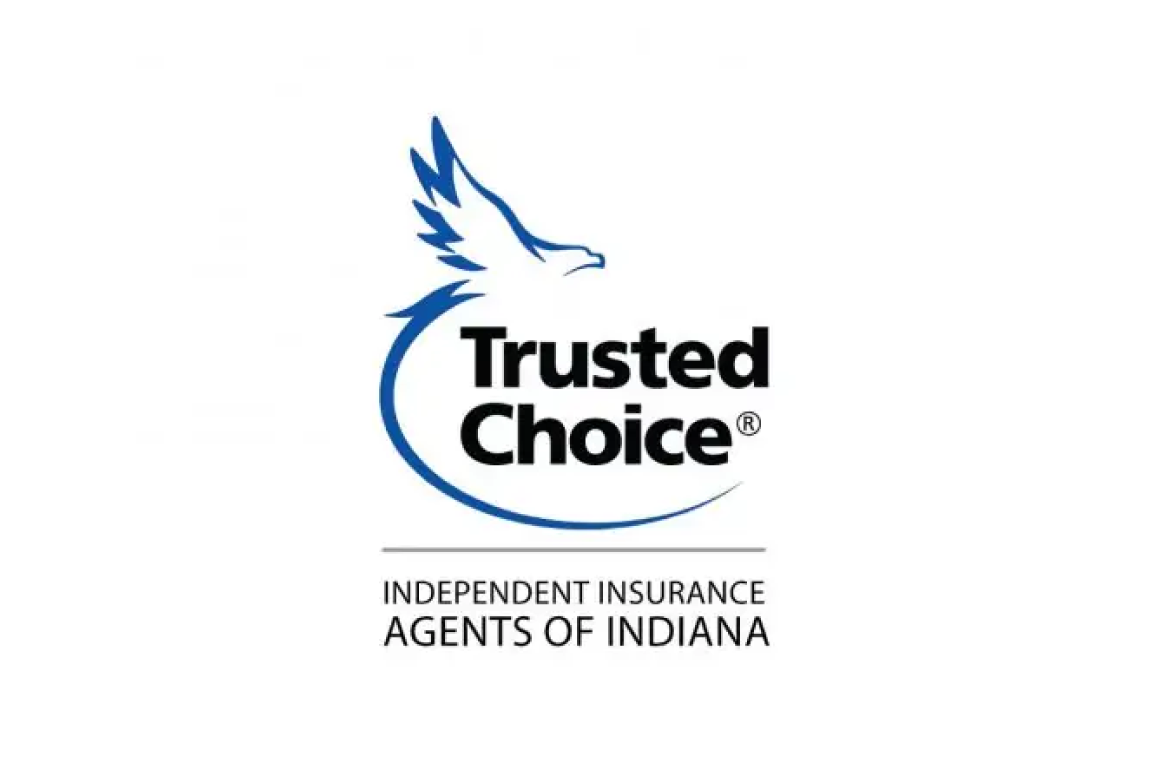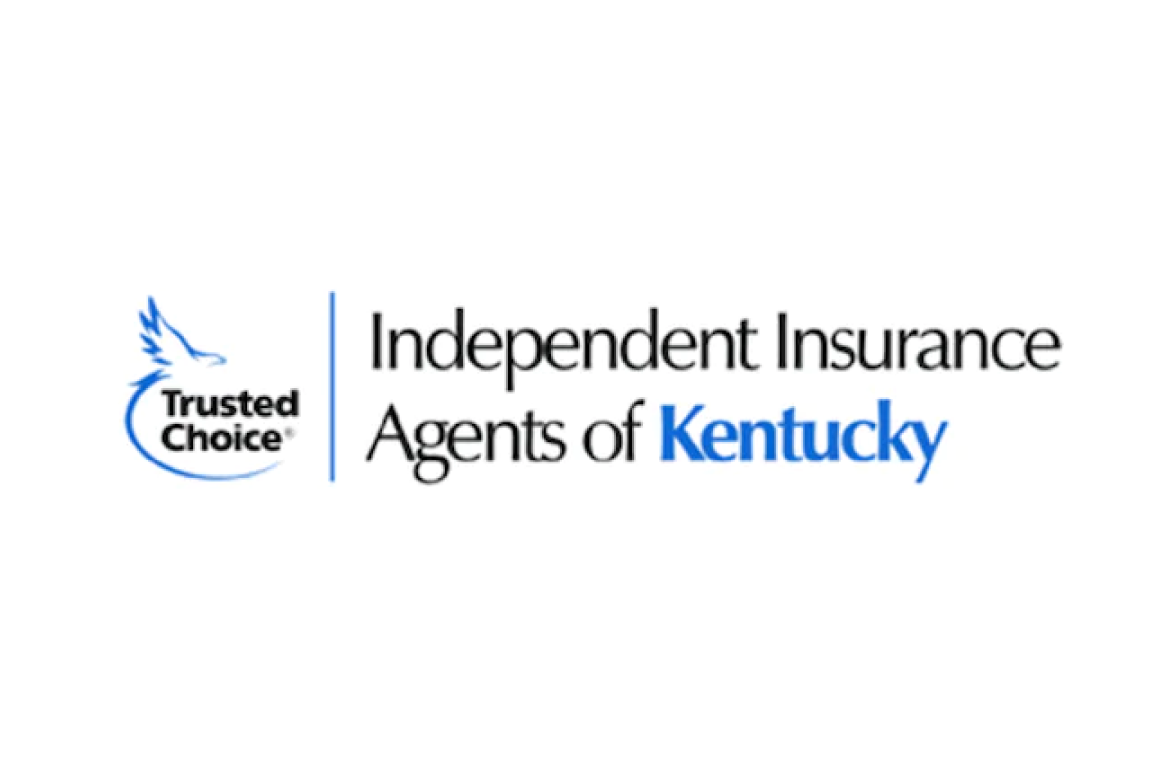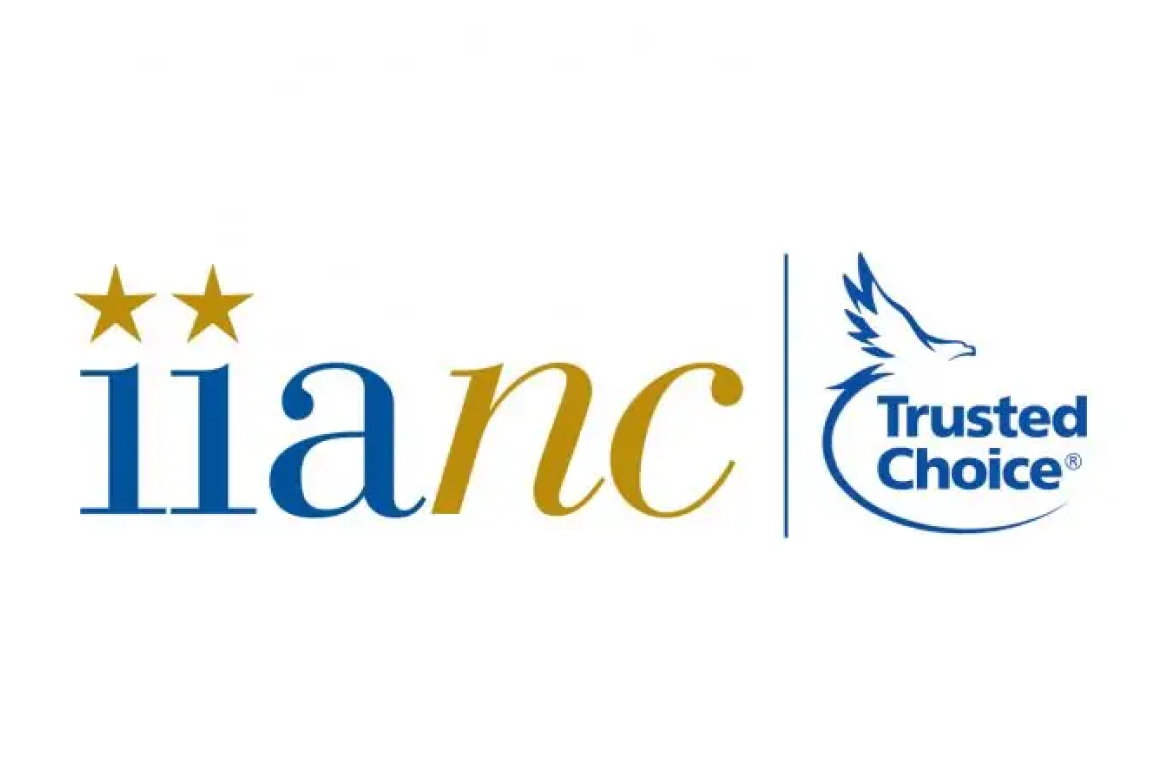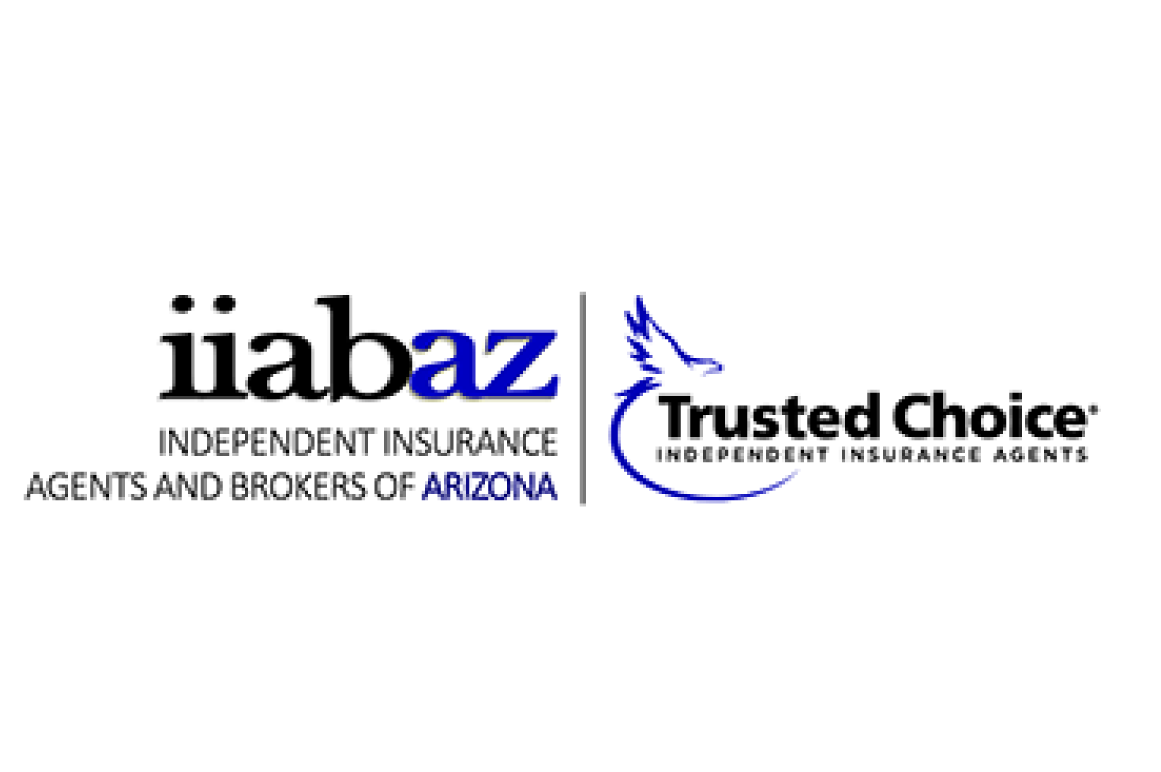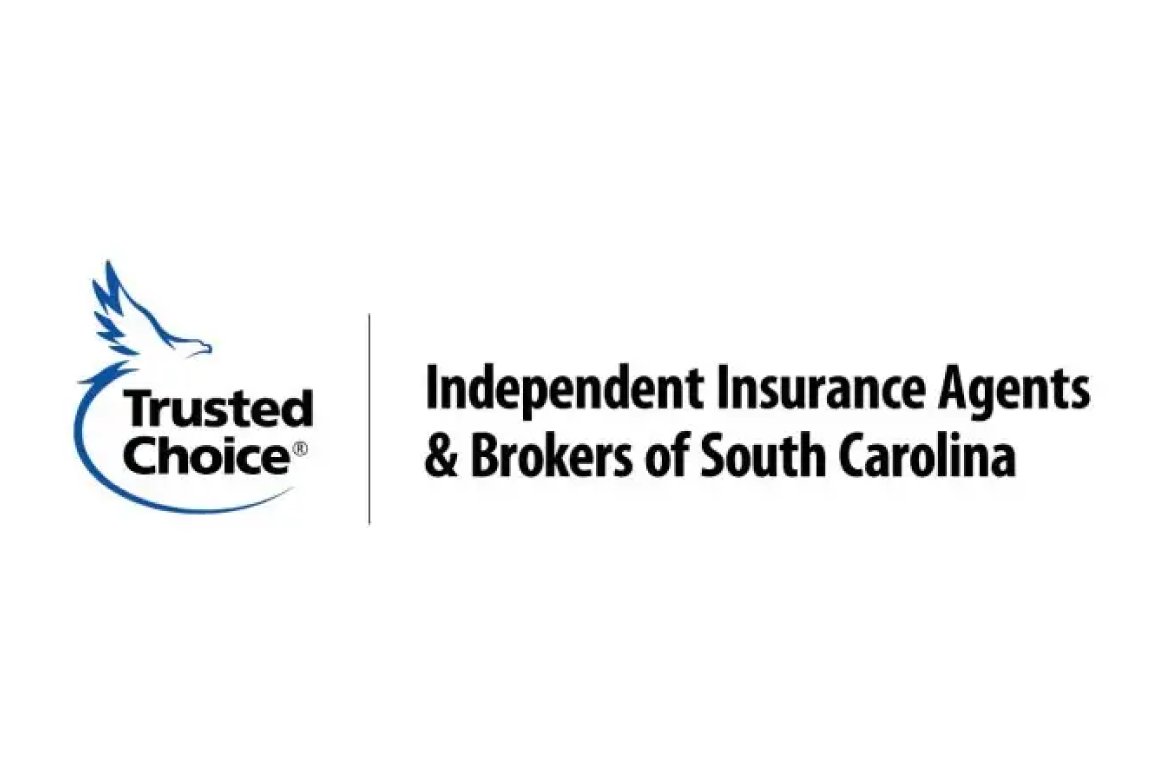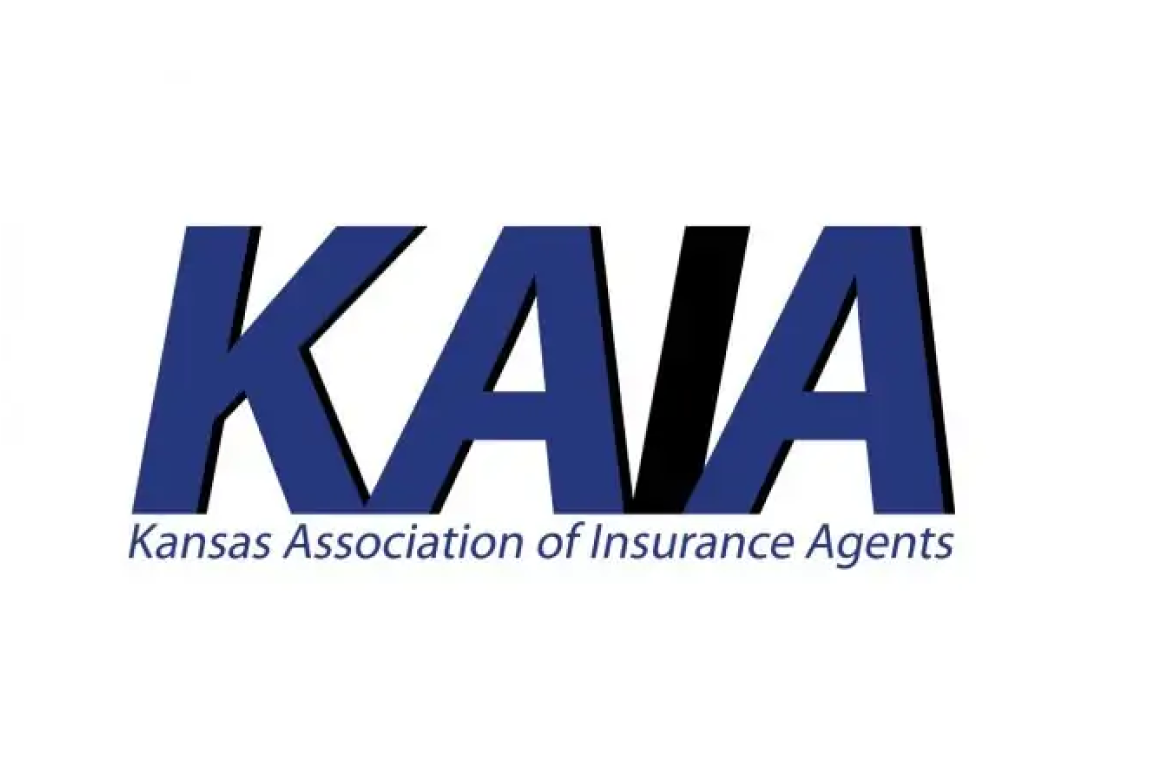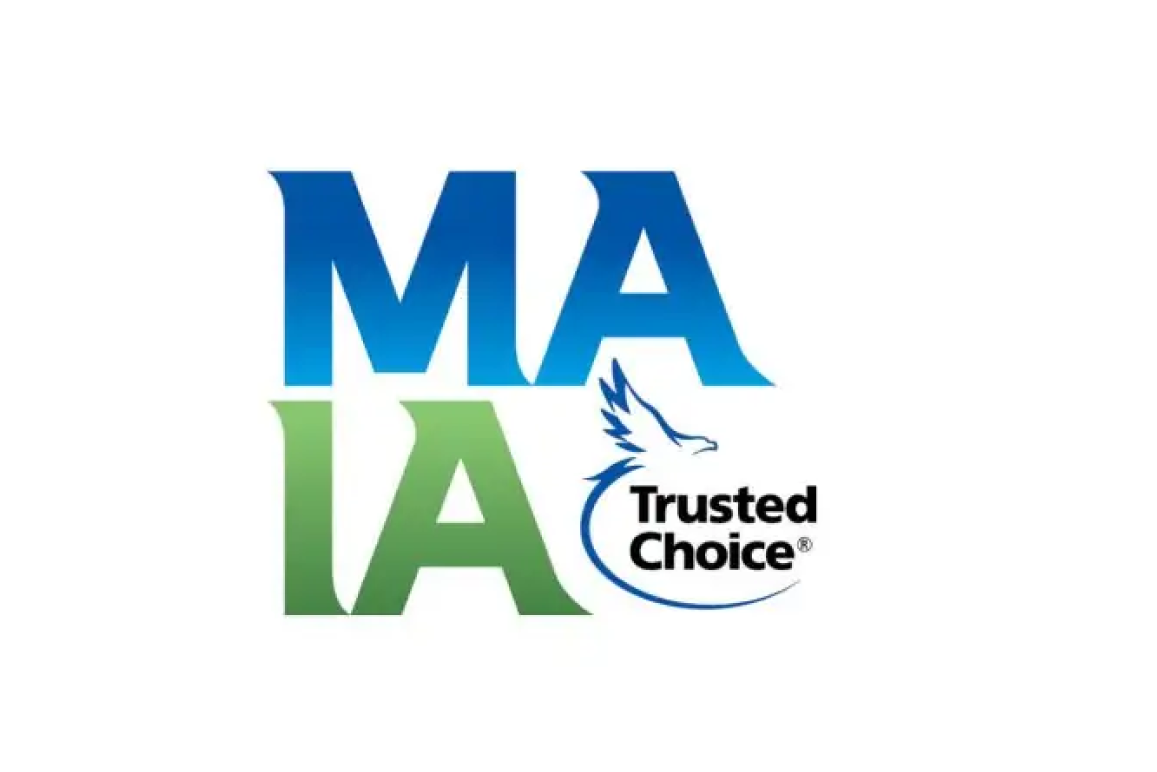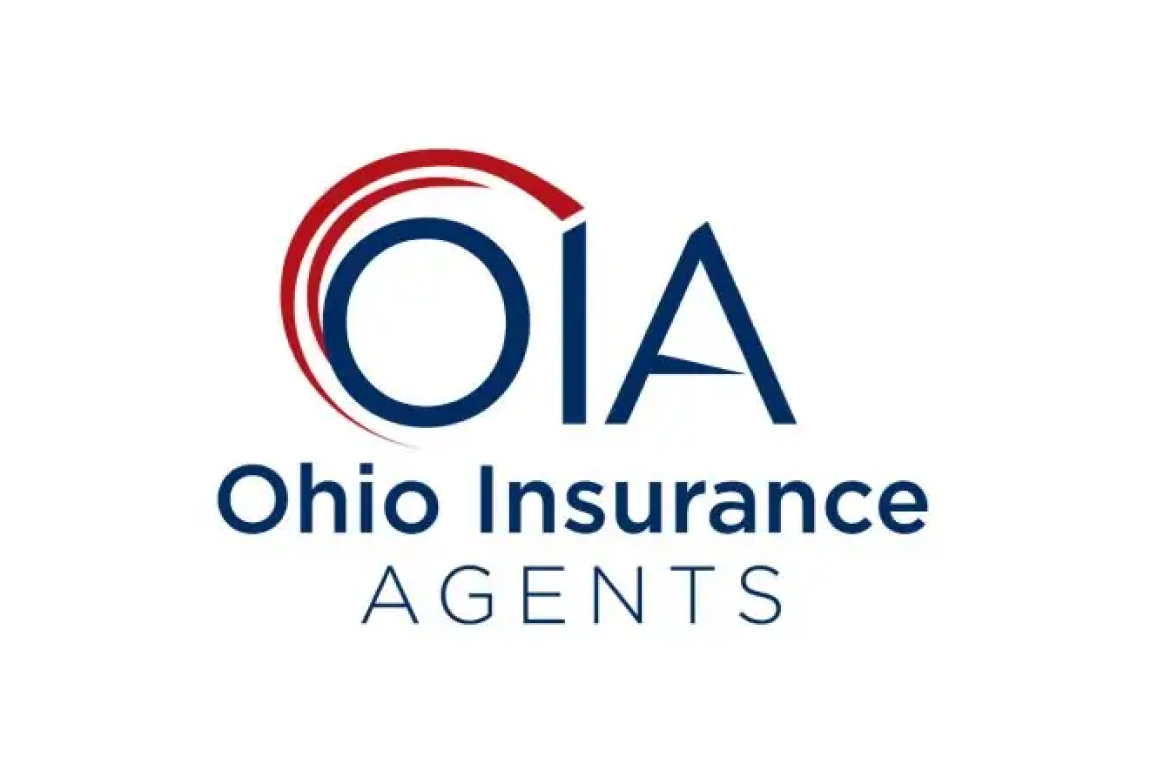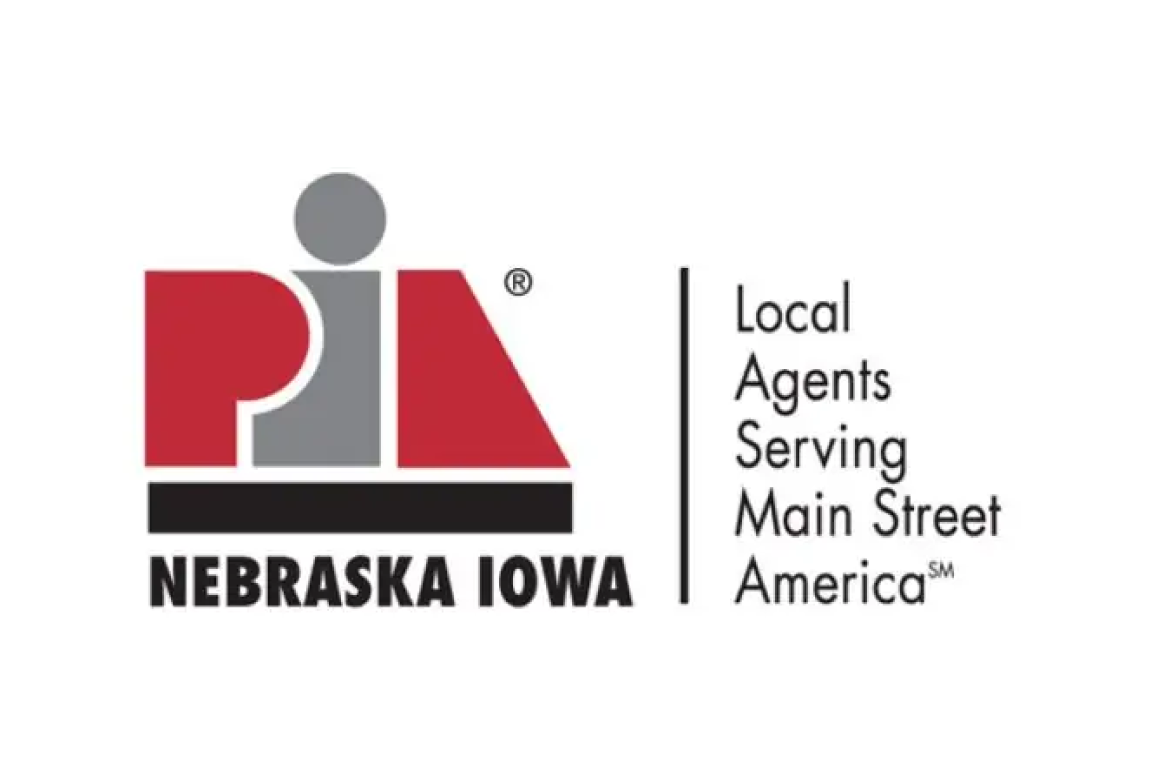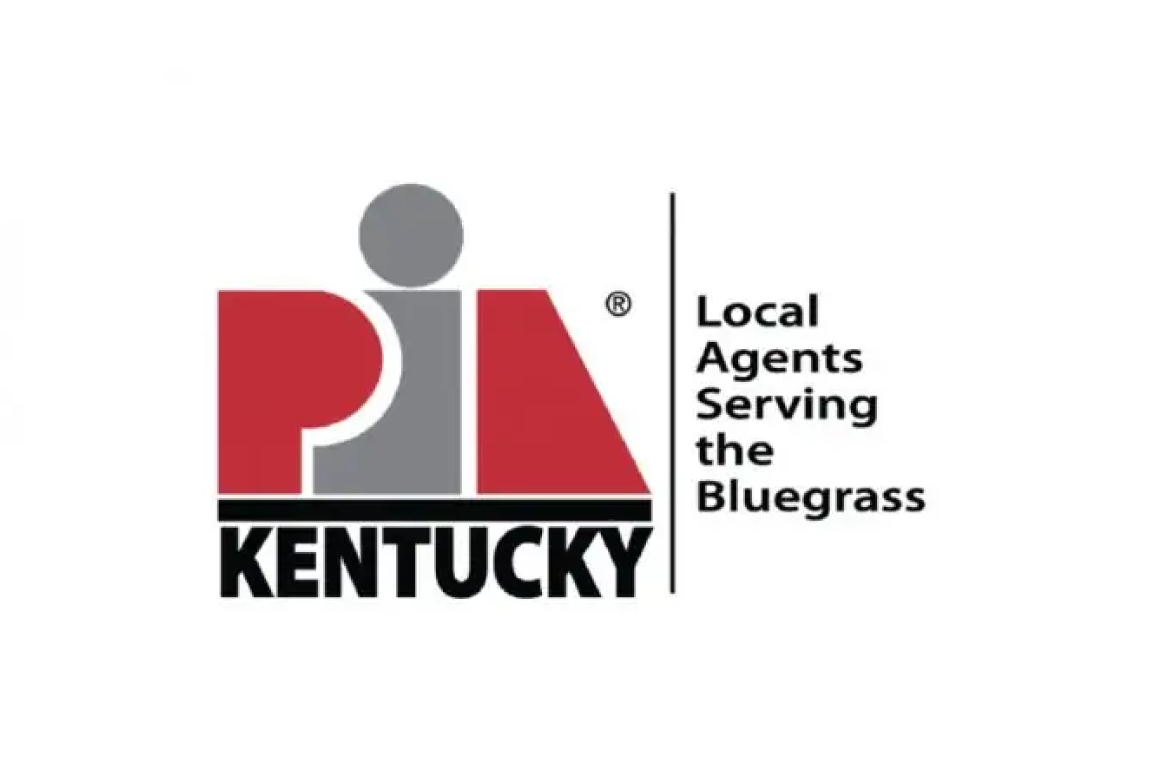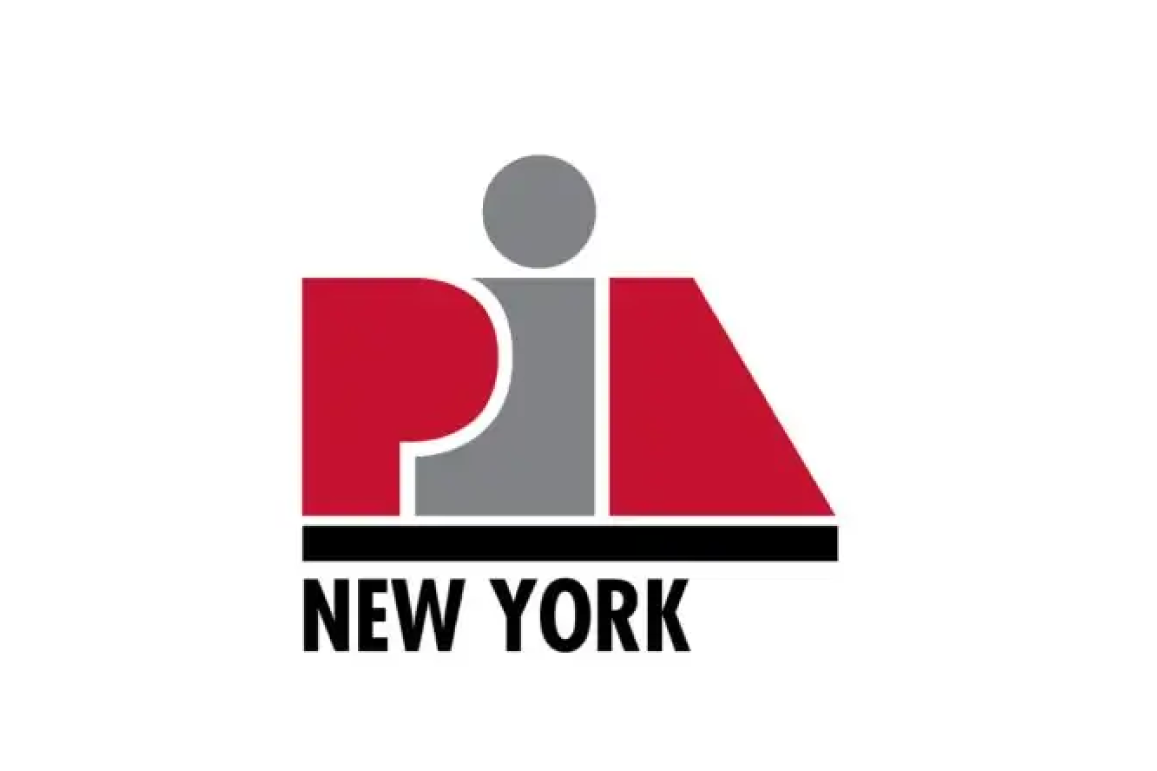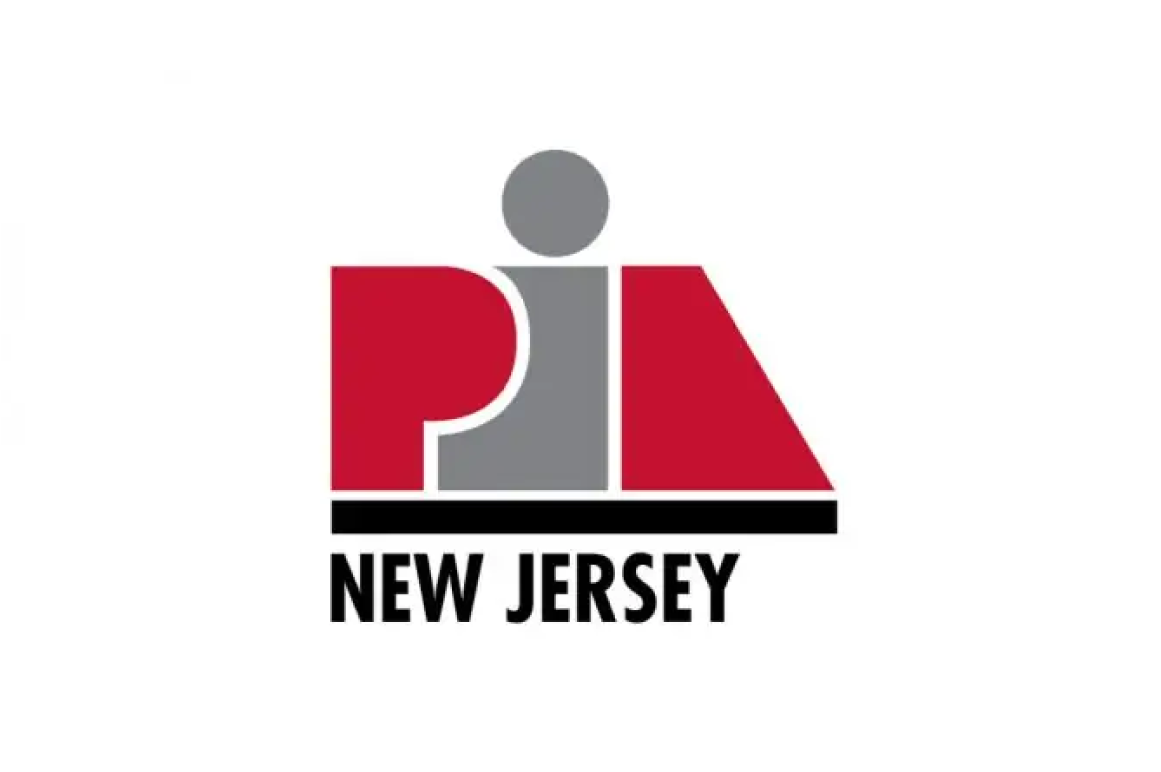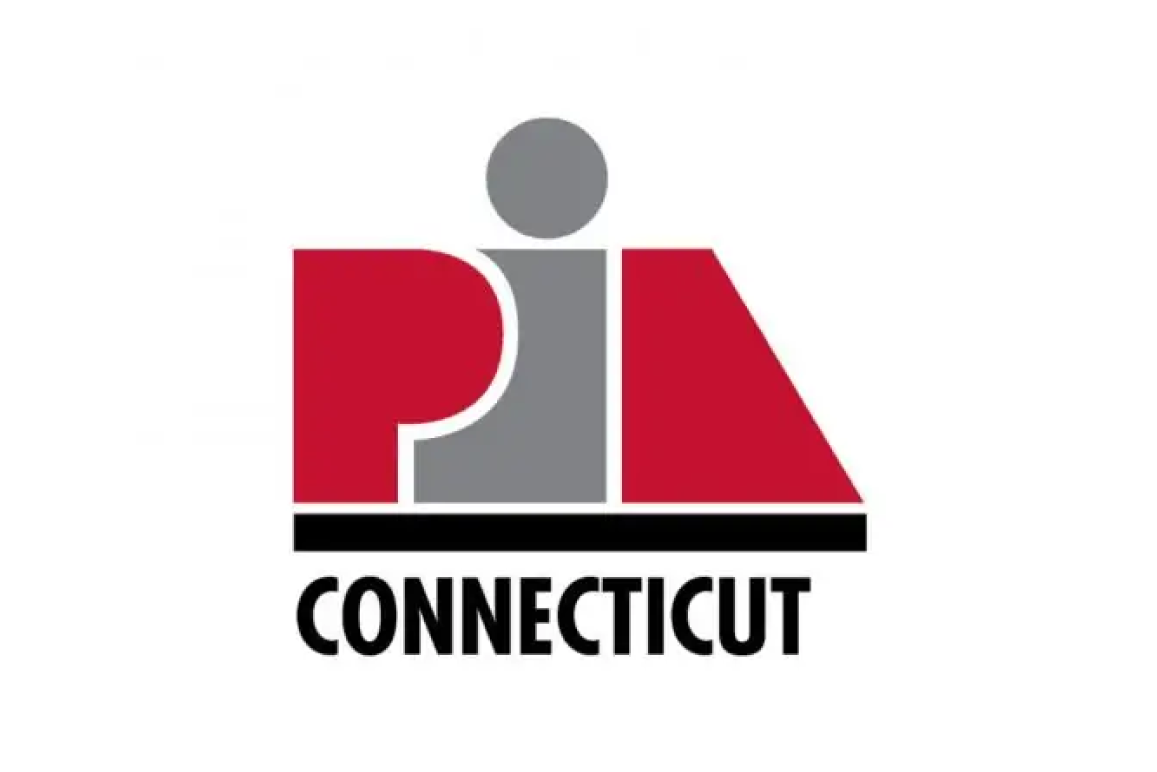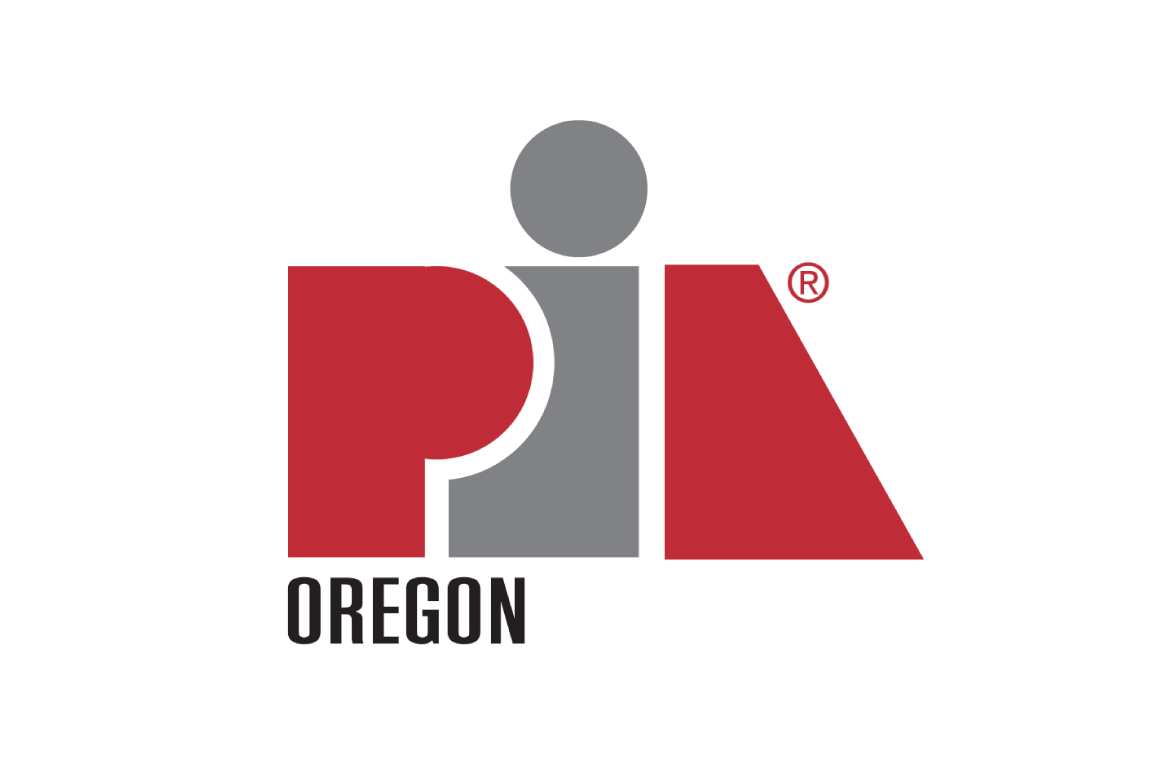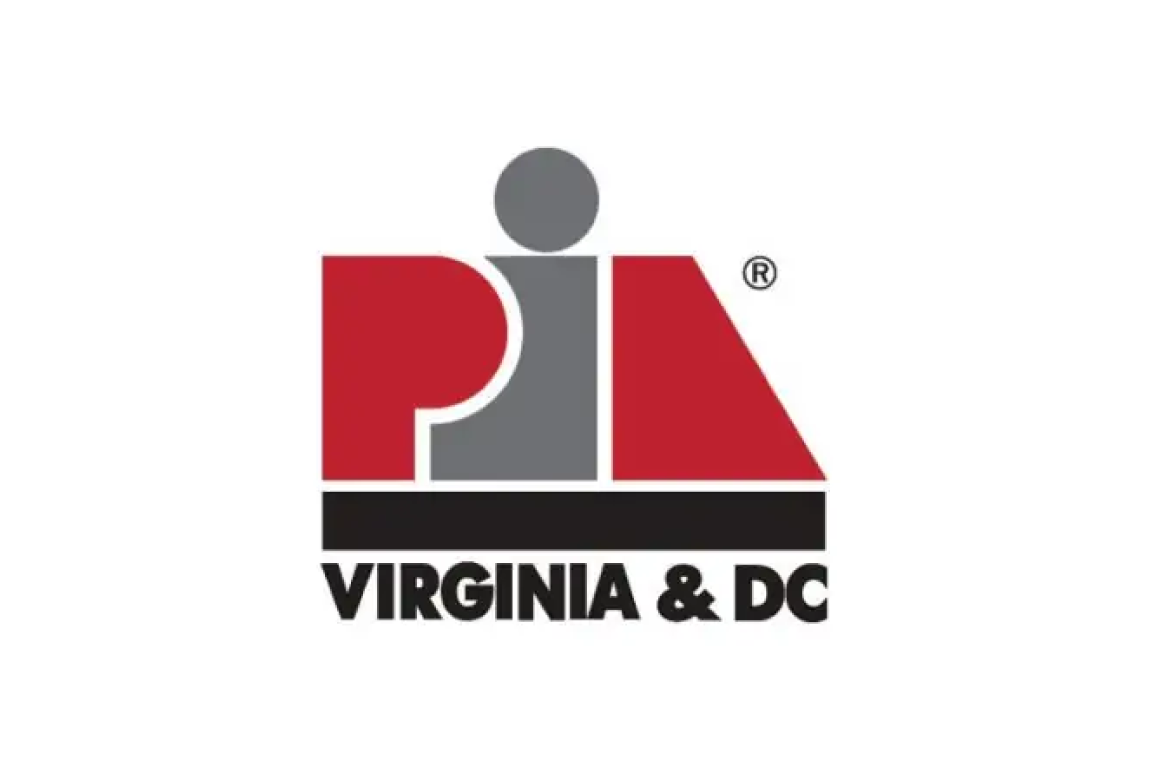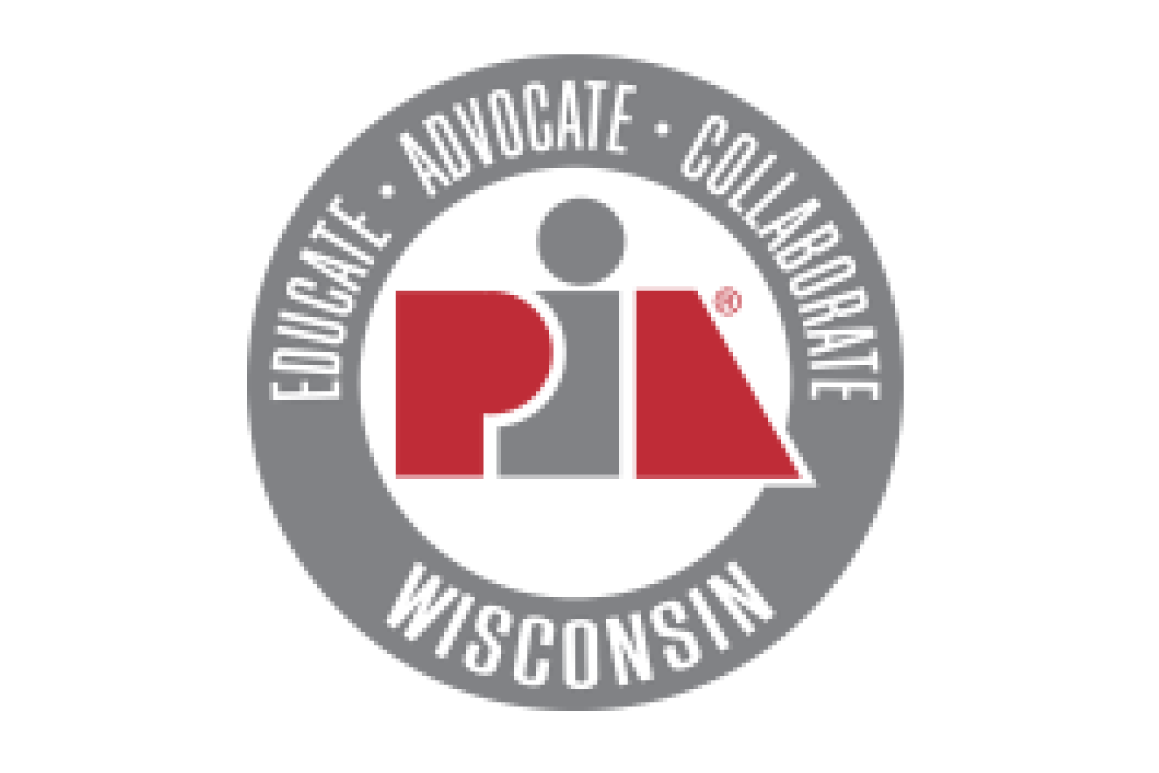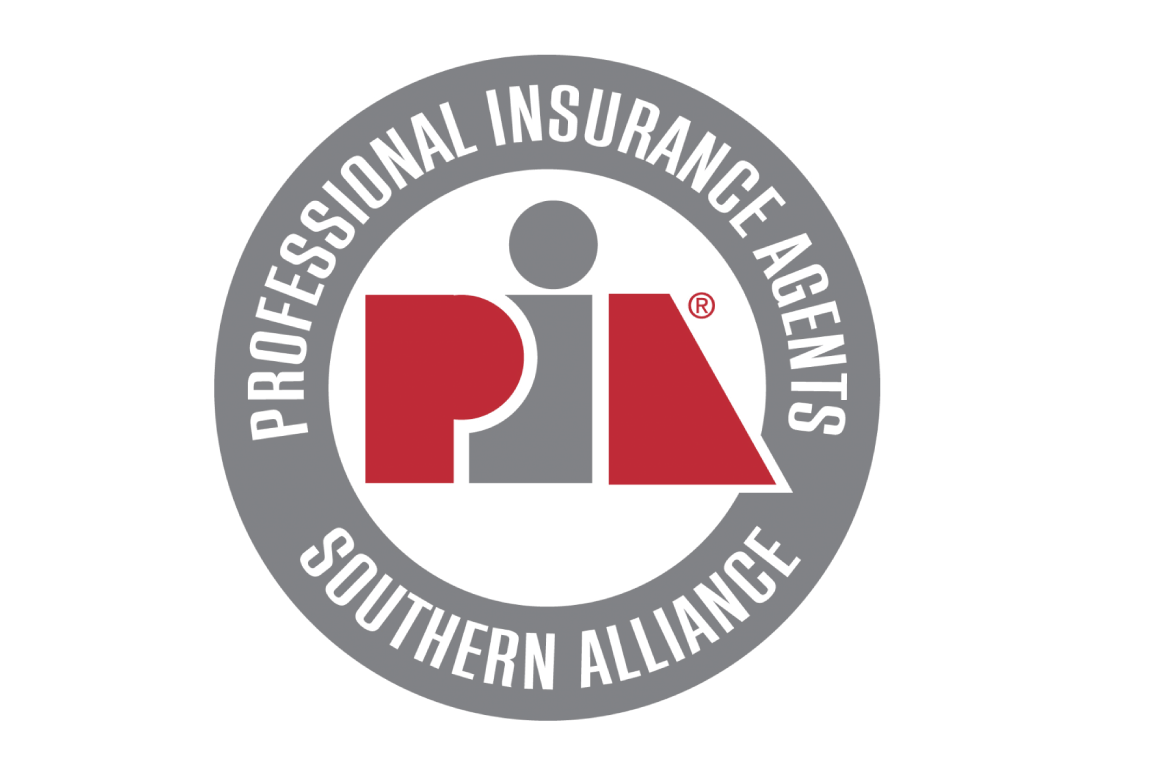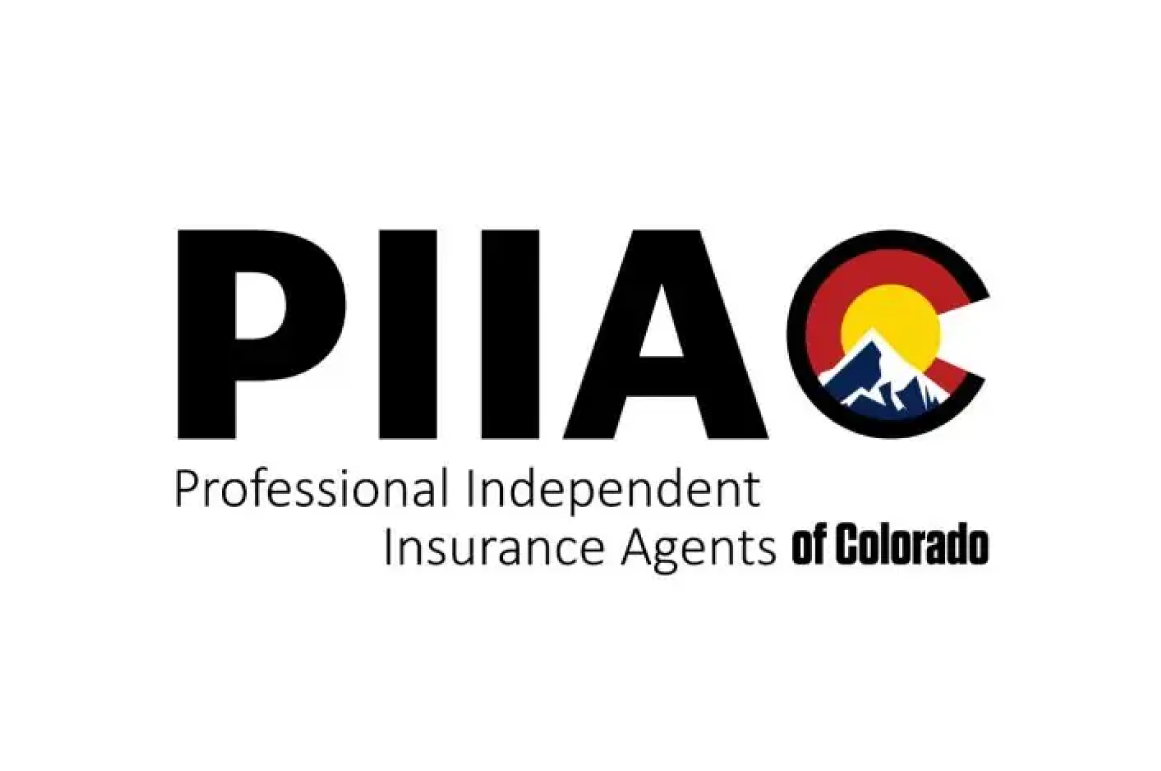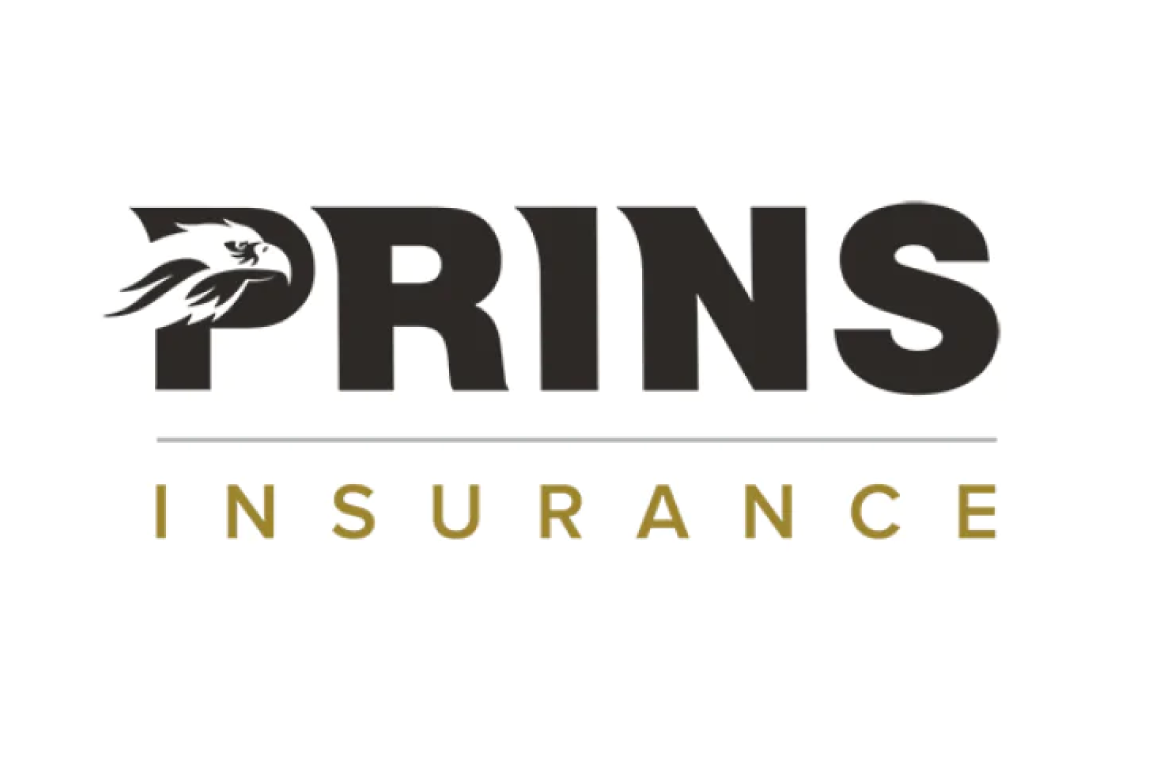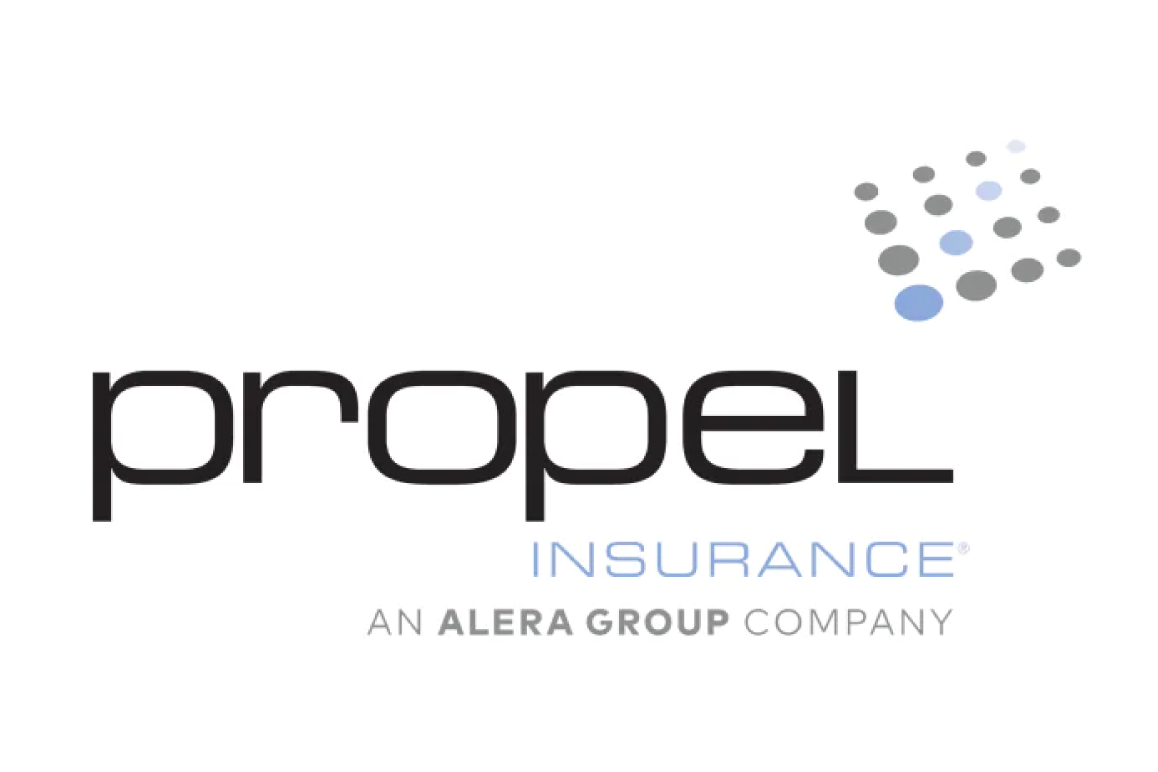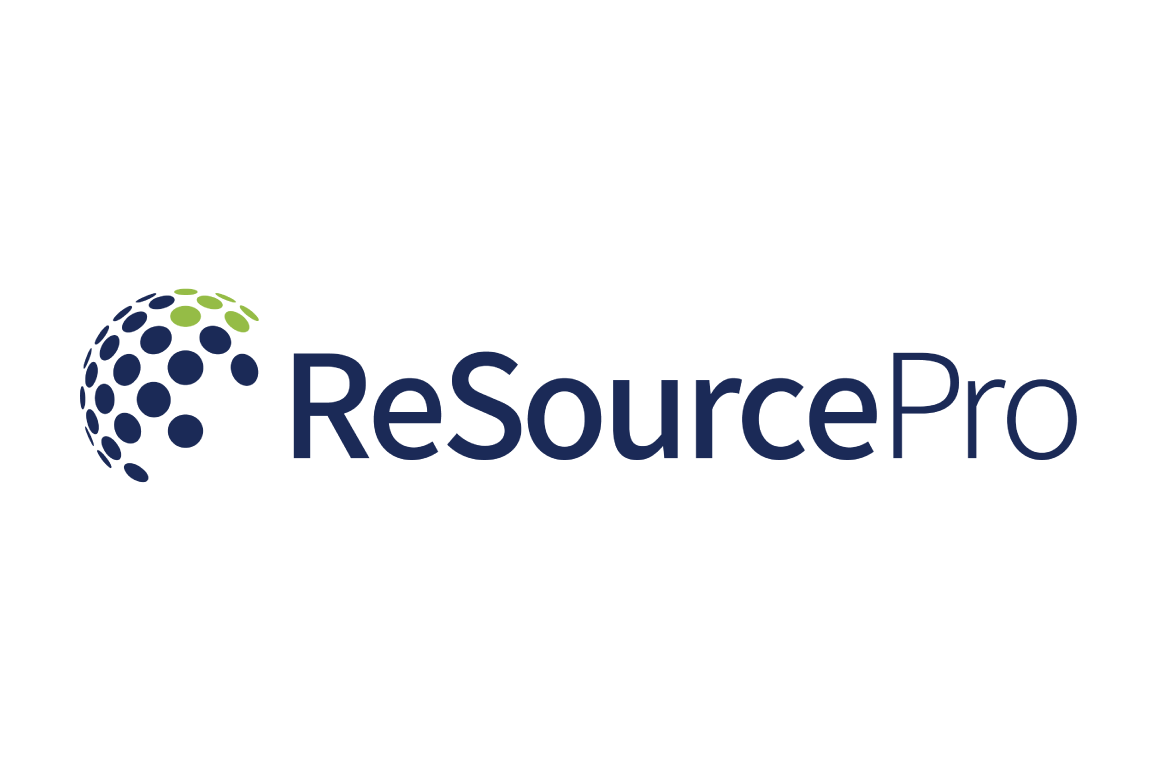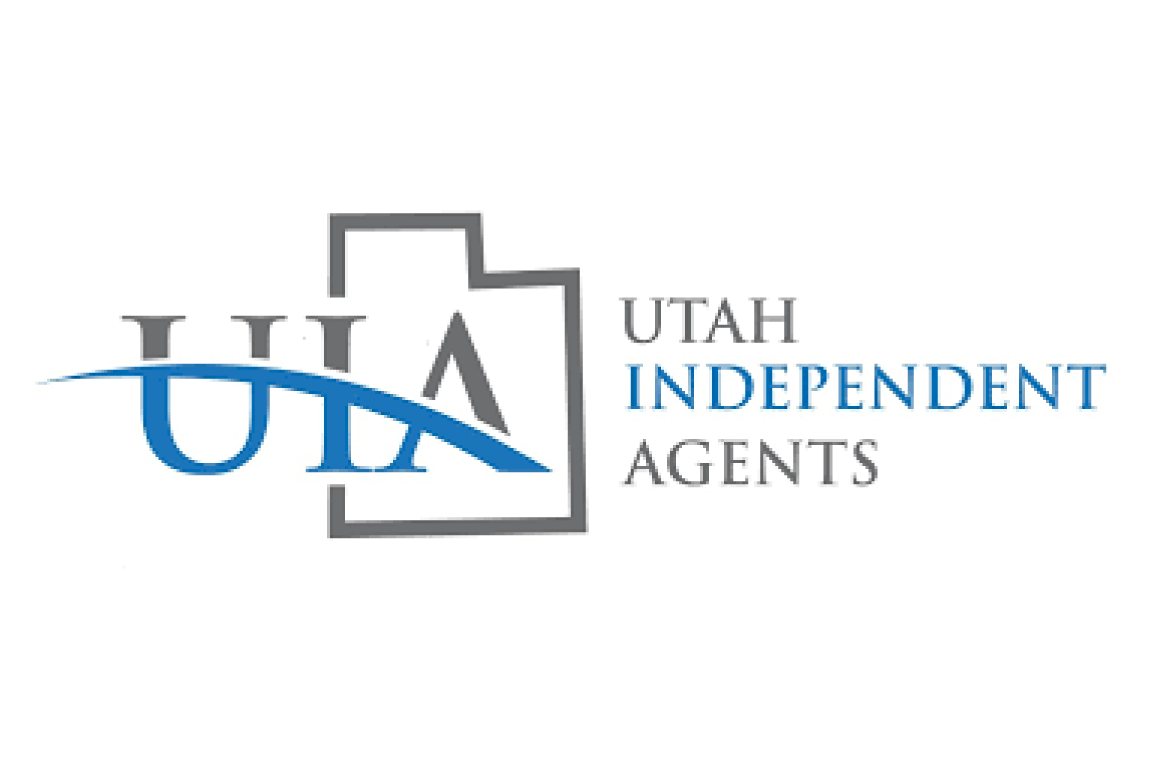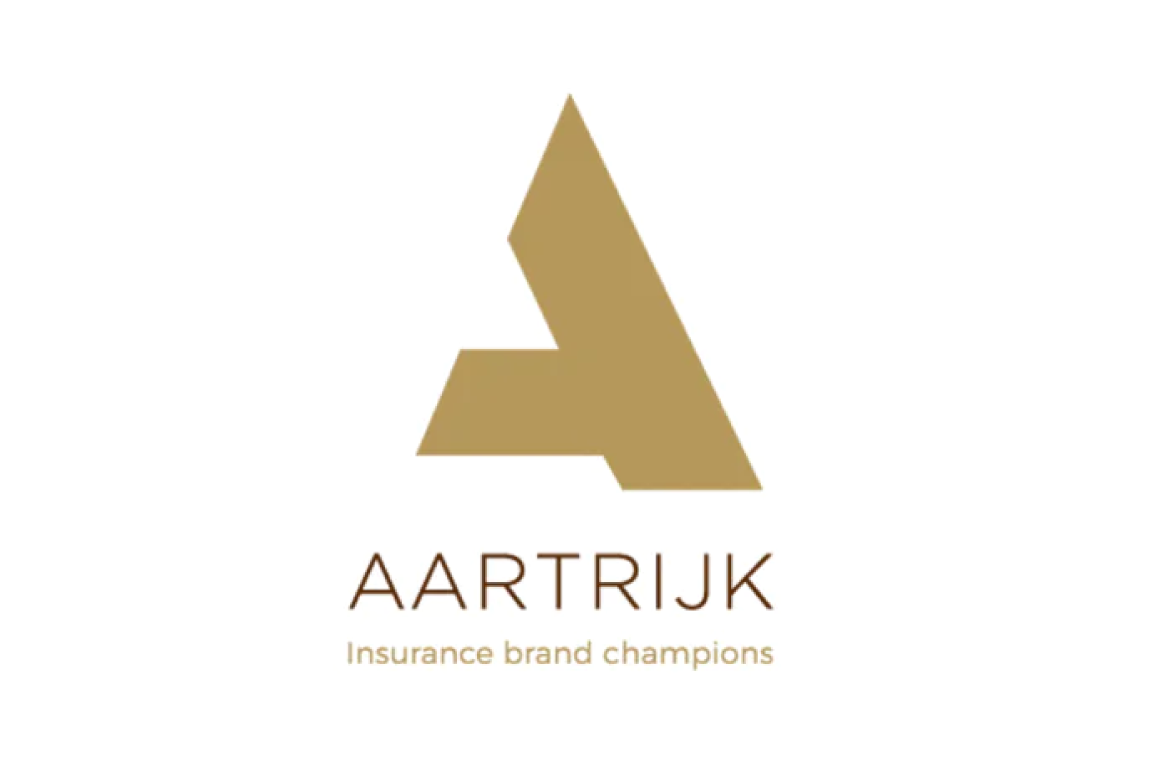Insurance professionals often face circumstances that force them to evaluate and decide on the right thing to do. In the insurance industry, ethical decision-making is of paramount importance but is not always as straightforward as we hope.
This article explores the six crucial steps involved in ethical decision-making and what ethical considerations risk and insurance professionals should keep in mind.
Step 1. Define the Problem
To make ethical decisions, insurance professionals must first understand the problem. This involves considering not only the nature of the problem but also its potential implications for themselves, their clients, and the agency. It is crucial to determine if the problem is illegal or if it violates the company’s values. A thorough understanding of the problem’s full scope is essential for an honest and ethical decision-making process.
Step 2. Seek Resources
In complex situations, it is beneficial to seek out available resources to ensure a fair evaluation of the problem. Insurance professionals can turn to mentors and coworkers for guidance and dive into professional guidelines and organizational policies for valuable insights and frameworks for ethical decision-making.
Step 3. Brainstorm Potential Solutions
When considering potential solutions, it is important not to limit oneself to past approaches. To encourage innovation, insurance professionals should be open–minded and apply new and different ideas. To ensure a comprehensive evaluation, it is advisable to generate three to five potential solutions.
Need Ethics State CE Credit?
The Legal & Ethical Requirements of Insurance Professionals Self-Paced course provides 4-hours of State CE and satisfies the Ethics requirement.
Step 4. Evaluate Alternatives
With a list of potential solutions in hand, risk and insurance professionals should then evaluate each alternative. This evaluation should consider both the positive and negative consequences associated with each option, as well as the likelihood of those consequences occurring. Resources, guidelines, and standards should be referenced during this evaluation process.
Step 5. Make Your Decision and Implement It
Having gathered all the necessary information, risk and insurance professionals are now ready to make a fair and ethical decision. If the decision involves others, being transparent with everyone involved is key. Clearly communicate your chosen solution and the proposed alternatives, to ensure your teams understand the appropriate and objective measures were employed in the decision-making process.
Step 6. Evaluate the Decision
Implementing a solution does not mark the end of the process. Once the solution is in place, it is critical to evaluate the decision’s effectiveness in resolving the problem. If unforeseen consequences arise, revisit the previous steps and explore alternative measures to address them.
Conclusion:
Ethical decision-making is a crucial aspect of the insurance industry, allowing risk and insurance professionals to ensure the integrity of their work. By following the steps outlined in this article, you can make informed and ethical decisions that contribute to customer trust, uphold your professional responsibilities, and strike a balance between ethics and profitability.
To further develop your understanding of ethical decision-making and other important topics in the insurance industry, consider enrolling in our CISR Agency Operations course. This comprehensive insurance course covers legal and ethical requirements, communication and technology, agency workflow concepts, account management, and techniques for reducing errors and omissions. You can also join an upcoming Ethics webinar and earn CE.
